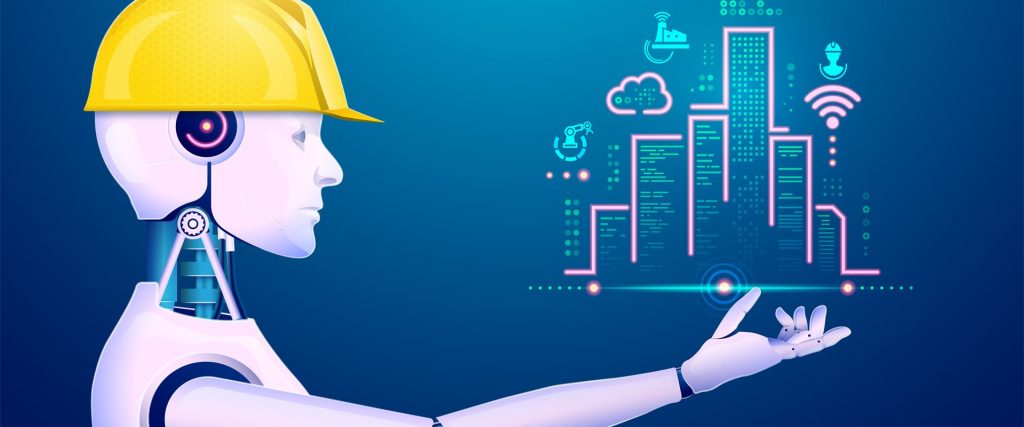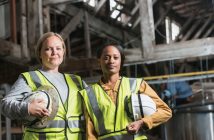Nearly a third of Australian companies are already trialing or using AI to help solve major issues facing the industry, including reducing the cost of construction – another third plan to use it in the future. This is likely also to play out in New Zealand, which is facing similar issues
[adrotategroup=”33″]
The construction sector is facing significant challenges and disruptions, including a shortage of labour, skyrocketing construction costs, and weather-related incidents impacting infrastructure projects and buildings.
The new report by Autodesk and Deloitte, the State of Digital Adoption in the Construction Industry 2024 report, has found the construction industry across AsiaPacific is facing similar challenges, and is exploring AI and other technologies to help solve these problems.
[adrotategroup=”33″]
“What we’re seeing in New Zealand is similar to construction challenges that are being faced in Australia and across AsiaPacific,” says Sumit Oberoi, Senior Manager, Construction Strategy & Partnerships, AsiaPacific at Autodesk.
“Construction is a much needed and growing industry in New Zealand, but it has seen some challenges – particularly over the past few years. The sector has continued to be impacted by supply chain disruptions, rising construction costs and labour shortages.
“This has been followed by a double-dip recession, with rapid interest rate rises to curb inflation and the damage from extreme weather damaging roads and impacting many of New Zealand’s fruit and vegetable-growing regions,” says Oberoi.
“With the challenges facing the construction industry, as well as increased productivity required to address the issues the industry and economy is facing and to deliver the infrastructure pipeline, digital transformation is understandably one of the key emerging trends we’re seeing in New Zealand’s construction sector,” says Oberoi.
The report is the second edition of the annual survey, with insights from 933 construction firms across six markets including Australia, Singapore, Japan, India, Malaysia and Hong Kong.
The report finds 30 percent of Australian companies surveyed are currently trialing or using Artificial Intelligence (AI) software to increase efficiencies and help to solve major issues facing the industry, including increased labour shortages, higher material costs, and global supply chain disruptions.
Additionally, 61 percent of Australian construction companies surveyed say AI will help them to reduce costs amidst more construction companies entering external administration than any other industry in the financial year to date.
“Disruptive new technologies combined with a challenging business outlook means that construction and engineering leaders in Australia and across AsiaPacific are having to seriously rethink their tools, workforce skill needs and how they interact with clients and contractors.
“Generative AI has exploded onto the agenda for senior leaders with the rapid adoption of tools like ChatCPT, Midjourney and Github Copilot. No industry is immune from the transformative potential of this technology,” says Oberoi. “Generative AI means that a new project proposal doesn’t need to start from scratch, instead leveraging material and pricing based on projects with similar specifications completed by the company.”
A further 33 percent of Australian construction companies plan to use AI in future, making it the most common technology they are looking to integrate into their operations.
“If all companies with plans to adopt AI do so, AI will have a similar level of prevalence in the construction industry as data analytics or mobile apps,” reckons David Rumbens, Partner at Deloitte Access Economics.
Integrating technologies like these into business operations will be no small feat. New Zealand’s building and construction sector is a significant contributor to the economy, contributing 6.7 percent of real GDP to March 2022 and was the third largest employer in the year to June 2022. Building consent numbers reached record-level highs and the workforce pipeline has continued to grow.
“Priority areas for construction businesses to improve digital adoption include starting small by piloting projects, selecting a digital champion, tracking a range of success measures, building a digital ecosystem, and asking whether your business is AI ready,” says Oberoi.
“Put simply, construction companies need to get their ducks in a row now so they can implement AI in future years. The first step to successfully implementing AI is data standardisation and having an operational common data environment for teams.”
Other key findings from the report
- Across APAC, 30 percent of construction companies are trialing or currently use AI in their operations, with a further 38percent planning to use the technology in the future
- Nealy 80%percent of businesses believed they received strong business returns or a positive return on investment from implementing AI and other technologies including data analytics, mobile apps, robotics, prefab and modular construction, and construction management software
- The critical role of technology in supporting business growth is increasingly being recognised. There was an increase in both businesses seeing new technology as assisting with new project work (up from 38 percent to 45 percent) and technology in improving internal processes (up from 37 percent to 43 percent).
- Foundational technologies are the most commonly used, with data analytics (47 percent), construction management software (43 percent) and mobile apps (40 percent) providing the backbone of construction operations
- Generative AI is expected to become as pervasive in the construction and engineering industry as these foundational technologies, with 94 percent of businesses now having plans to integrate AI and machine learning into their businesses
[adrotategroup=”33″]





